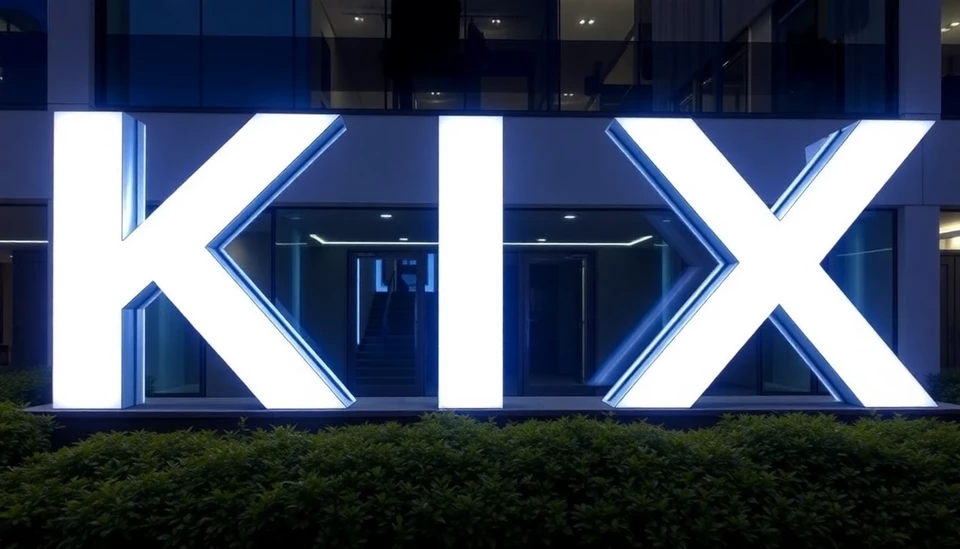
In a significant development within the real estate investment sector, UK landlord Assura has officially turned down a takeover bid from the private equity firm KKR, valued at approximately $1.6 billion. This decision has left analysts and stakeholders pondering the implications for both Assura and the broader market.
Assura, predominantly focused on healthcare properties, informed its shareholders that the offer did not align with their strategic vision or reflect the future potential of the company. The rejection comes as KKR aimed to capitalize on Assura’s robust portfolio of assets within the fiercely competitive and ever-evolving UK real estate market.
The proposal from KKR, which also comes amidst a backdrop of increasing interest in healthcare real estate, was seen by some analysts as an opportunistic move given the growing demand for healthcare facilities driven by an aging population and the ongoing pressures on the National Health Service (NHS). Assura’s management emphasized that their strategy emphasizes long-term patient care, and they believed that remaining independent would better serve their goals of sustainability and growth.
KKR's initial bid included a premium on Assura's stock price, and while it was perceived to be an attractive offer, Assura’s board argued that their intrinsic value and growth prospects, particularly in the healthcare sector, were undervalued by the proposed price.
Industry experts suggest that Assura's decision to reject the bid could impact future takeover aspirations in the sector. With a strong operational framework and a commitment to enhancing healthcare infrastructure, Assura is likely to attract continued investor interest, further complicating any potential future offers from KKR or similar entities.
The response from the market has been closely watched, as shares of Assura experienced fluctuations following the announcement. Even with the rejection, analysts believe Assura's long-term growth strategy positions it well against competitors, although the pressure to deliver strong quarterly results remains a constant factor in maintaining investor confidence.
As the real estate landscape continues to shift, with investors keenly eyeing sectors such as healthcare, the rejection of KKR’s bid has underscored the value of strategic planning over opportunistic acquisition offers. It remains to be seen how KKR will respond to this setback and whether Assura will remain a target for future acquisition attempts. The dynamics of this story will be carefully monitored in the upcoming months as the outcomes develop.
In conclusion, Assura’s rejection of KKR’s takeover bid shines a light on the increasing significance of strategic autonomy in the real estate sector, particularly for companies with established footholds in crucial areas like healthcare.
As the market adapts to these developments, stakeholders will keep a close watch on how both Assura and KKR navigate this evolving landscape.
#Assura #KKR #TakeoverBid #RealEstate #HealthcareInvesting #UKMarket #InvestmentNews #PrivateEquity
Author: Victoria Adams


